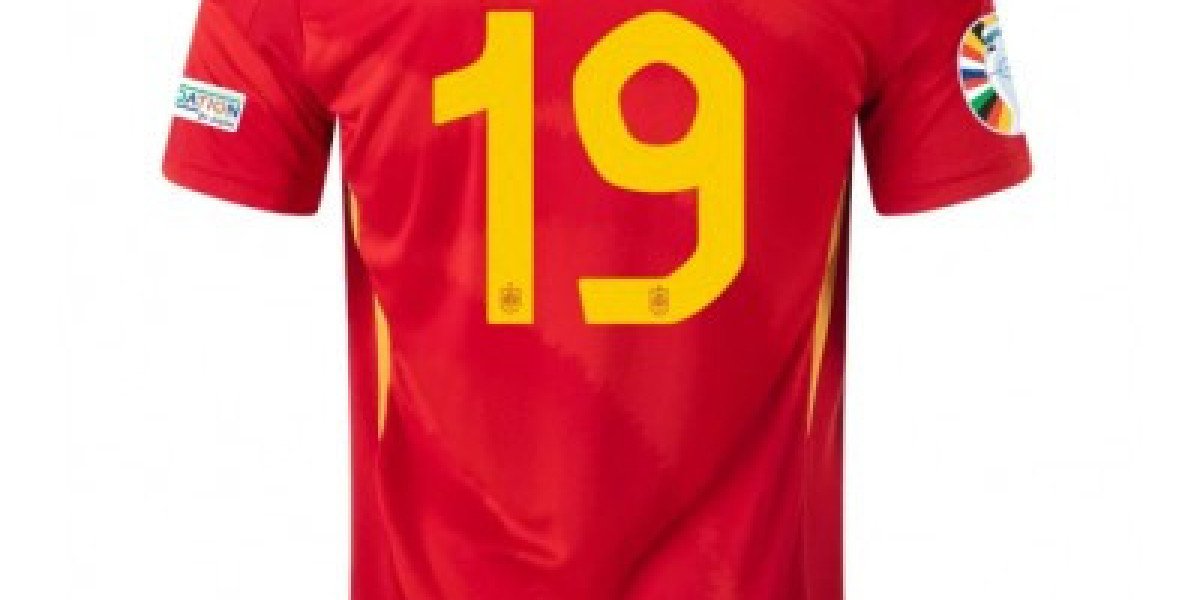The Mythology of Seven: A Number of Destiny
Across cultures and eras, the number seven has carried an unmistakable sense of power. It appears in religious texts, folklore, cosmology, and numerology. There are seven days in a week, seven visible celestial bodies in ancient astronomy, and seven classical wonders of the world. Its repetition through history is no coincidence. The number has always been seen as mystical, balanced, and charged with meaning.
In the West, seven often symbolizes completeness. In the East, it is linked to spiritual evolution. It bridges logic and intuition. Three represents the known, and four the structure of physical existence. Combined, they create a number that transcends both seven. This union of opposites gives the number its archetypal strength. It becomes a symbol not only of chance but also of universal design.
This symbolic gravity affects more than belief systems. It impacts how people interact with the world around them. When seven appears, people pay attention. It draws focus. It evokes something deeper, a quiet whisper that something special is happening.
The Psychology of Expectation and Repetition
Human beings are driven by patterns. Our minds search for rhythms in nature, behavior, and outcome. Repetition is one of the most powerful tools in shaping attention and memory. When a number like seven appears often enough in meaningful contexts, it becomes a psychological anchor.
This psychological influence is amplified through repetition with variation. When seven recurs but always delivers something slightly new, it builds anticipation. People begin to associate the number with surprise, discovery, and potential. That emotional imprint deepens over time.
In moments of choice or chance, the presence of seven is rarely neutral. It affects mood and decision-making. It signals that something could happen. It primes the brain for reward. This is not just superstition. It is the blending of pattern recognition and emotional response. Seven becomes more than a digit. It becomes a symbol of opportunity.
Transformation Through Symbolic Play
Symbols are not passive. They shape behavior, emotion, and cognition. Engaging with symbols activates deeper mental processes. When people interact with symbols of power like the number seven they’re not just following instructions. They’re participating in a ritual.
Symbolic play means doing something more than literal. A wheel spinning to land on seven isn’t just selecting a number. It’s invoking an idea. It’s connecting an action to a story that’s been told for centuries. That connection creates meaning, which creates memory.
In a world where much of daily life feels flat or repetitive, symbolic play offers elevation. It offers a narrative. People crave stories where numbers, sequences, and moments have meaning. The number seven delivers that with natural elegance. It always hints at something more.
Cycles of Fortune: The Emotional Arc of Chance
Fortune is a concept as old as human consciousness. From the spinning wheels of ancient temples to the drawing of lots in tribal rituals, people have long explored ways to interact with fate. The emotional experience of chance is not just excitement. It’s a layered response of hope, tension, risk, and possibility.
The beauty of chance lies in its uncertainty. When people take a risk, they are emotionally vulnerable. That vulnerability enhances experience. It heightens senses. It intensifies the memory of outcomes, whether wins or losses. The more meaningful the context, the more powerful the emotional arc.
The number seven often appears in systems of chance because it holds tension and release. It’s not too high to feel distant, not too low to feel irrelevant. It’s in that middle space where emotion thrives. It delivers just enough challenge to make reward feel earned. The result is an experience that lingers long after the moment has passed.
Design, Intuition, and the Flow of Engagement
Modern environments of chance are not simply about rules and results. They are about flow. That flow is shaped by design the sounds, the visuals, the timing, the pacing. When design supports intuition, people feel more connected. They lose track of time. They enter what psychologists call a state of “flow.”
Flow states occur when challenge meets skill. When outcomes are just uncertain enough to stay interesting, and just possible enough to feel achievable. The number seven contributes to this balance. It’s a familiar goal, but it’s not automatic. That sweet spot keeps people engaged.
The role of design is to amplify that engagement. Every click, spin, pause, or result is part of a larger choreography. The presence of iconic numbers, the build-up to key moments, and the emotional payoff all of it adds depth. The result is not just entertainment, but experience.
Night Energy and the Human Desire for Transformation
There is something ancient about the night. Its stillness, its shadows, its intensity. People behave differently after dark. They dream more, risk more, and reflect more. The mind opens. The spirit stirs. And the ordinary rules seem to loosen their grip.
That’s why nighttime environments are often the backdrop for high-stakes engagement. The world feels different. Emotions are heightened. Time slows down. Actions feel more significant. The journey to unlock the power of seven feels more possible under moonlight.
Psychologically, night encourages immersion. It removes distraction and creates intimacy. It brings people closer to their own thoughts. In this space, the power of symbols like seven becomes even more potent. The night becomes not just a setting, but a catalyst for change.
Building Momentum: How Small Wins Lead to Big Shifts
One of the most powerful emotional patterns is momentum. When small successes build upon each other, they create a feeling of movement. That movement leads to confidence, risk-taking, and the belief in bigger outcomes. It creates a snowball effect.
Momentum doesn’t come from luck alone. It comes from rhythm. From consistency. From emotional investment. The number seven plays a key role in this pattern. When people begin to see it as a marker of success, it becomes a trigger for motivation. Each time it appears, it reinforces belief.
This feedback loop creates energy. Energy fuels focus. And focus creates results. The emotional momentum of small wins shapes not just outcomes, but identity. People start to see themselves as capable. As lucky. As bold. And that self-perception leads to even bigger outcomes.
Digital Immersion and the New Language of Symbols
In the digital age, symbols are more important than ever. They guide behavior, signal emotion, and shape experience. In immersive environments, symbols like the number seven become shorthand for meaning. They speak without words.
Designers of digital experiences use color, animation, rhythm, and sound to enhance these symbols. The number seven might flash, glow, or pause slightly longer than others. Each detail adds emotional weight. It tells the user: this matters.
This design language creates emotional architecture. It builds environments that feel alive. In these spaces, users are not just passive participants. They’re storytellers. Explorers. Heroes in a world where every action carries meaning.
In such a digital world, engaging with an casino lucky7 even isn’t about pressing buttons or watching outcomes. It’s about emotion, narrative, and the deeper satisfaction of symbolic play. Numbers become characters. Actions become choices. And seven becomes a kind of myth.
The Human Need for Meaningful Patterns
People don’t just want outcomes. They want stories. They want to feel that what they do matters. This is why patterns hold such power. When outcomes follow a rhythm, even loosely, the brain connects the dots. It forms meaning. It remembers.
The number seven often shows up in patterns that suggest completeness or culmination. In musical scales, in religious texts, in visual symmetry seven offers closure. This closure is emotionally satisfying. It makes people feel that they’ve reached something significant.
When people recognize a pattern with sevens, they interpret it as a signal. It confirms that they’re on the right track. That their choices are leading somewhere. That their story is unfolding as it should. This is why seven creates not just interest, but trust.
Emotional Anchors and the Memory of the Moment
What people remember most are not just facts or numbers. They remember how something made them feel. A moment of excitement, a flash of surprise, a long build-up to a satisfying outcome these create memory anchors. They turn a normal interaction into a vivid experience.
Symbols like seven contribute to this anchoring. They give the brain a focus point. A reference. A way to frame the emotion. When someone hits a meaningful result and sees a seven, that number becomes imprinted in their mind. It’s no longer just data. It’s part of the story.
This emotional memory can last for years. It can become the trigger for telling a story to a friend, for returning to a favorite environment, or for chasing that feeling again. Memory doesn’t just store what happened. It stores what mattered. And seven helps define what matters.
The Power of Storytelling in Chance-Based Environments
Storytelling isn’t just for books and movies. It happens in every environment where people feel emotionally invested. And stories always need structure. They need suspense, climax, and resolution. Symbols like the number seven provide this structure.
Each moment of chance can be seen as a plot point. A spin is a decision. An outcome is a reveal. When certain numbers appear repeatedly, they become themes. They create continuity. They make the experience feel like a journey, not just a series of isolated events.
When people tell stories about their experiences, they use numbers as part of the narrative. “I kept getting close, then I hit a seven.” “Everything changed after that one moment.” These numbers become characters in the personal myth. And seven is often the star.
Intuition and the Art of Timing
Timing is everything in experiences of chance. When to act, when to pause, when to push. The best outcomes often come not from analysis, but from intuition. That quiet sense that now is the right moment.
The number seven supports this intuition. It feels natural. It feels aligned. When it appears, people often interpret it as a sign. This isn’t irrational. It’s symbolic logic. It’s how the brain processes abstract patterns and turns them into emotional signals.
This intuitive sense of timing is what makes an experience feel alive. It creates the sense that the environment is speaking. That there’s a dialogue happening, not just a display. And when that dialogue peaks at the appearance of seven, the moment feels validated.
The Night’s Promise: Where Stories Begin
As day fades and shadows deepen, the night awakens something inside. It strips away the noise. It clears the stage. It invites risk, reflection, and transformation. In this space, the power of symbols becomes stronger. The meaning of numbers becomes sharper.
The number seven, so often linked to magic, fate, and closure, fits naturally into this promise. It becomes the signpost in the dark. The marker of potential. The doorway to a story that hasn’t been written yet.
People don’t seek experiences just to pass the time. They seek them to feel something. To write their own chapter in a larger narrative. The night gives them the space. The number seven gives them the meaning. And together, they create a story that’s worth telling.







